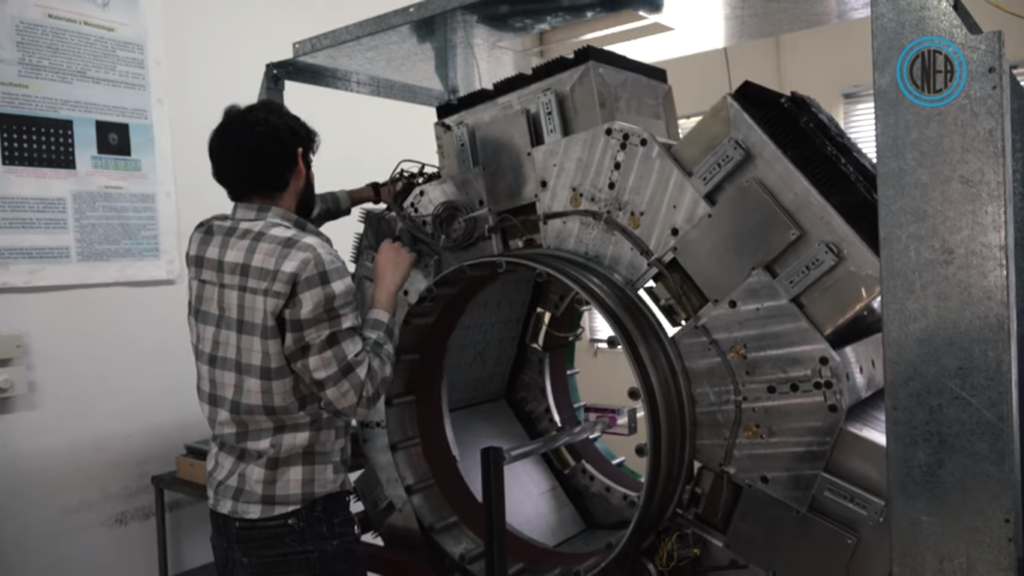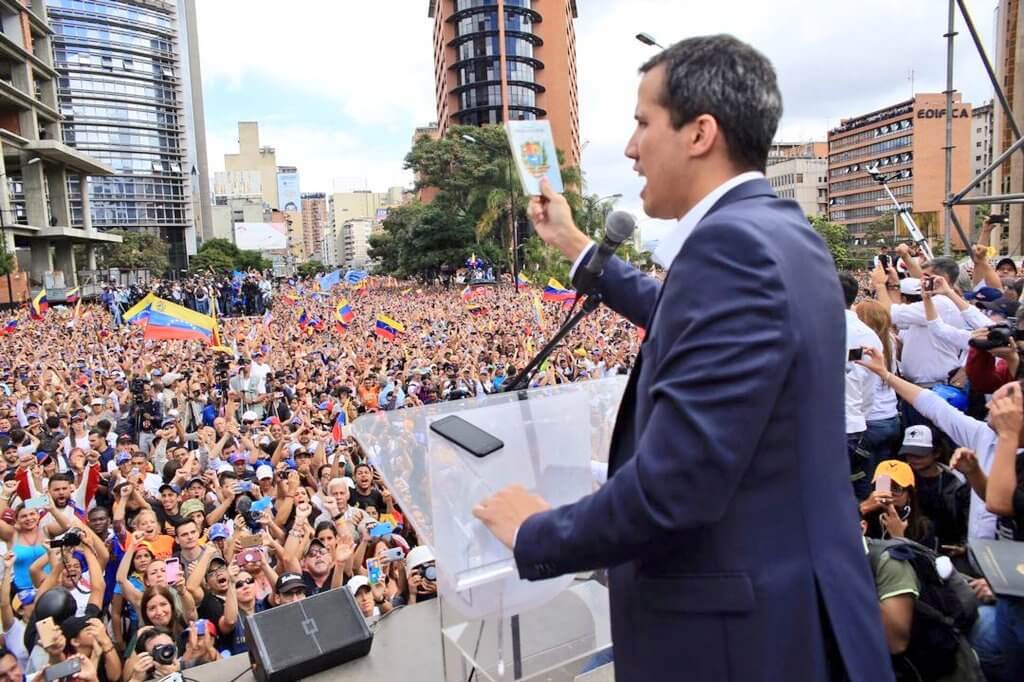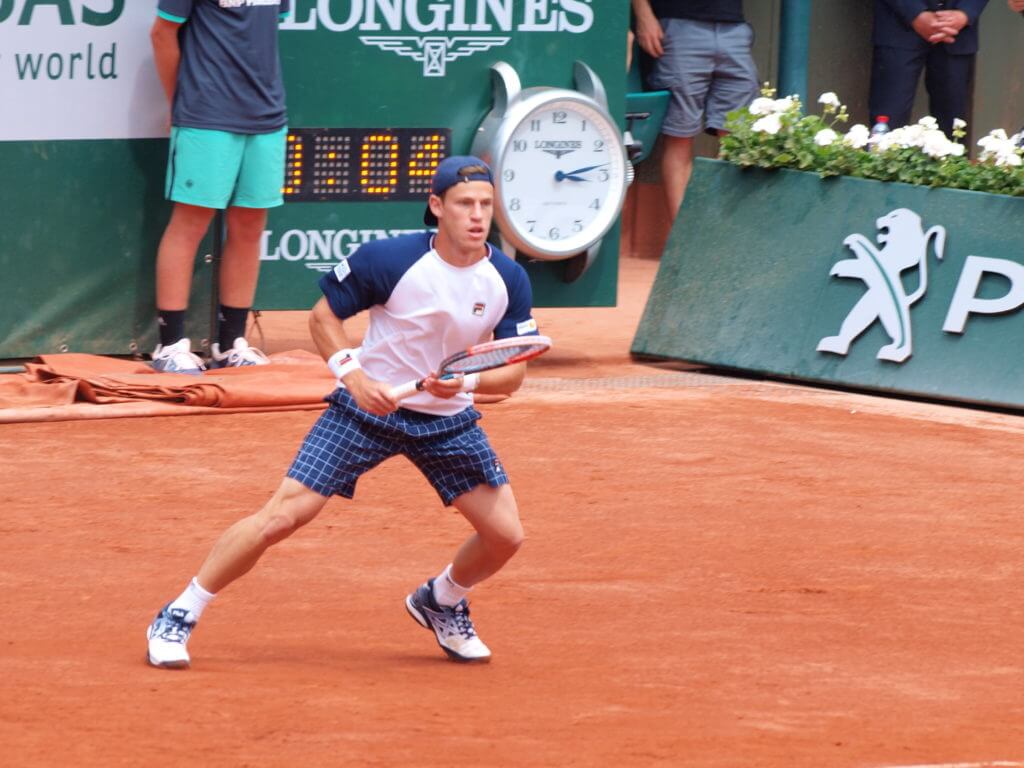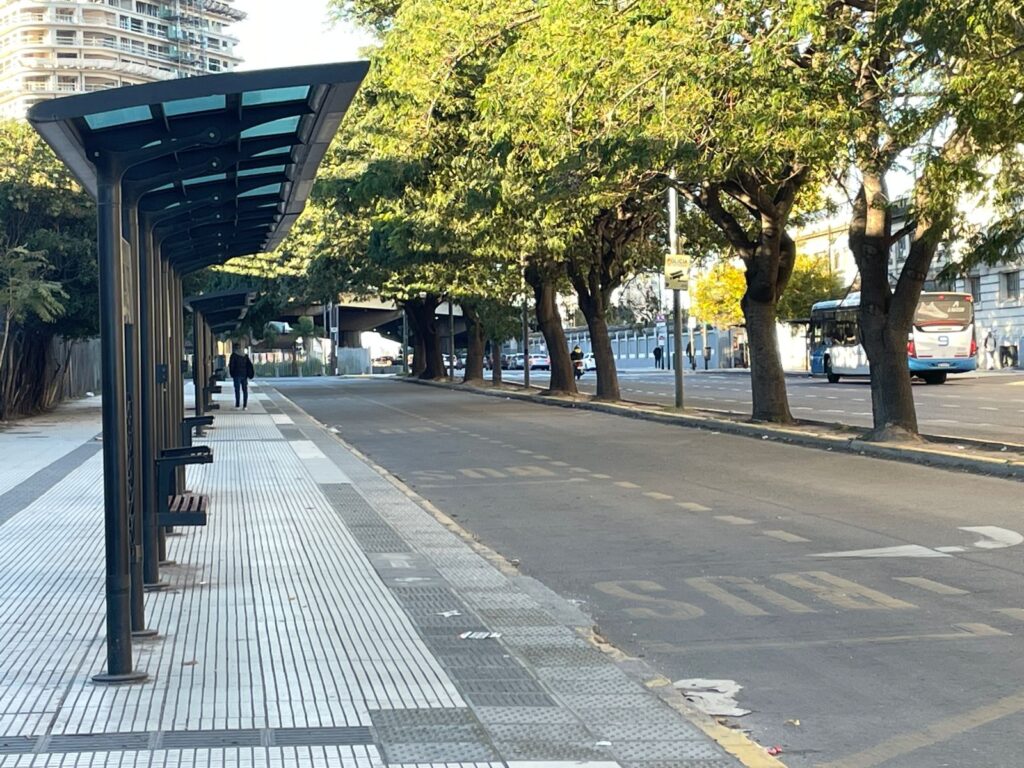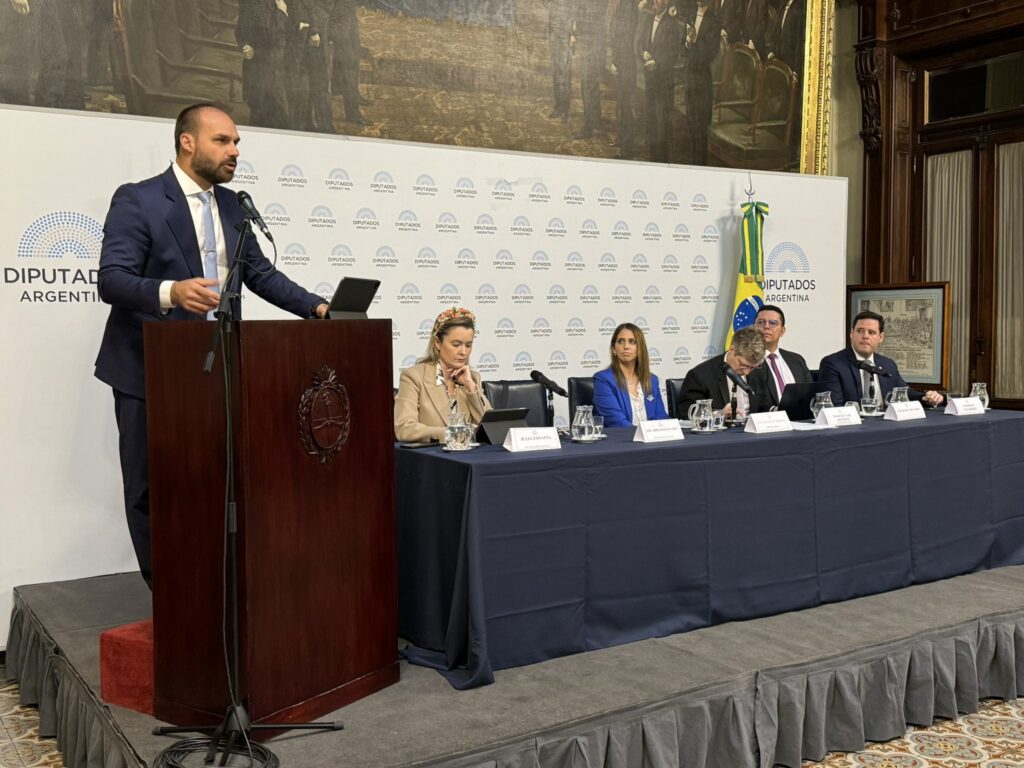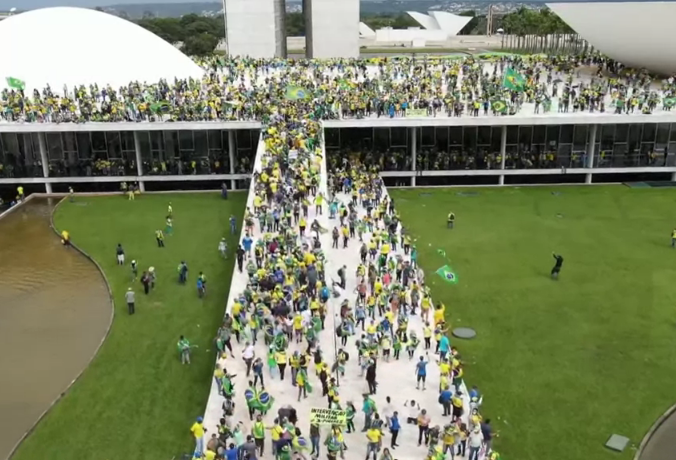Six people were detained yesterday during a march which commemorated the anniversary of the disappearance and death of Santiago Maldonaldo.
Protests took place in Buenos Aires, Bariloche and other cities across the country to raise awareness for the case and incite the authorities to reopen an investigation into Maldonaldo’s disappearance. The 28-year-old was found dead in 2017 in the Chubut river in Patagonia two months after disappearing during a violent repression of the Mapuche Pu Lof community by the Gendarmerie.
Todo Noticias reported that there was a mobilisation in Plaza Mayor, where Maldonaldo’s family was joined by political, social, trade union and human rights organisations marching under the sight “Santiago is solidarity. The state is responsible.”
However, after this mobilisation around 200 people remained in the Plaza and lit a fire. Firefighters arrived at the scene in order to quench the illegal bonfire, but reported being assaulted by protesters at the scene who attacked them with glass bottles and stones at them. Authorities also told Todo Noticias that protesters attempted to break through perimeter fences despite repeated warnings by police not to do so.
However, when speaking to those who took part in the protests, La Nacion reported that they felt the authorities were “on the hunt” for trouble, and that there were no violent incidents.
Authorities maintained that they arrested four men and two women for “assault and resisting authorities.”
There was also an incident at the ND Ateneo theatre where a documentary about Maldonaldo was premiering. According to eyewitnesses, people with hoods picked up stones and broke the windows of the theatre, forcing the documentary to be suspended. The film, called “El Camino de Santiago,” (Santiago’s path) was directed by ex-president of Argentine Radio and Television during the Kirchner presidencies, Tristán Bauer, and Florencia Kirchner, daughter of the two ex-presidents. Protesters didn’t agree with the documentary due to “its use and images of anarchism.”
On Aug. 1, 2017, the day Maldonaldo went missing, the Pu Lof Mapuche community of the Cushamen region were demanding the right to their ancestral land from magnate Luciano Benetton when they were violently repressed by the national gendarmerie. CELS reported that the militarised police force shot lead and rubber bullets at the crowd, burnt people’s belongings and no safety precautions were made at the scene in order to safeguard the numerous children present.
The Mapuche are a group of indigenous people of south-central Chile and south-western Argentina who share a common social, religious and economic structure. There have been numerous clashes between the Mapuche and state authorities as their indigenous land is bought and used for governmental or industrial purposes.
Maldonaldo was attending the protest but during the repression he disappeared, and his body wasn’t found until Oct. 17 in the freezing river of Chubut, just 400m upriver from where he was last seen alive. His family identified the body.
Ultimas Noticias reported that the postmorten revealed that Maldonaldo had died due to “asphyxia from submersion with hypothermia as a contributing factor,” explaining that he went into the river alive, but his deceased body spent around 60 days in the river before it was found.
The reasons surrounding his disappearance and subsequent death remain unknown, and the Maldonaldo family are convinced that it was not an accident, and the state bears the responsibility.
“We want this day to be a starting point for a group who focuses on the topic of human rights,” Maldonaldo’s brother Sergio told La Nacion.
The family’s suspicions were raised when his ID card was found on his person in an almost-perfect state despite being underwater for two months, and pointed fingers at the gendarmerie present at the repression. Infobae reported that the Ministry of Interior tested various ID cards and analysed all the gendarmerie’s phones and computers, even doing DNA tests on their uniforms, but to no avail. They also reported that the post mortem investigation indicated that Maldonaldo had not undergone any physical violence before being found in the river.
However a full investigation was not carried out, and yesterday’s protest incited Amnesty International to write an article calling for justice for Maldonaldo.
“The justice authorities should move forward with an impartial, independent and exhaustive investigation to determine Santiago Maldonaldo’s causes of death,” Amnesty International’s Director of the Americas Erika Guevara Rosas said. “And, if any state agent’s responsibility is established in the aforementioned death, they should be brought before justice without delay or interference.”
There has been no response from the state as yet whether further investigations will be made into the Maldonaldo’s death.




